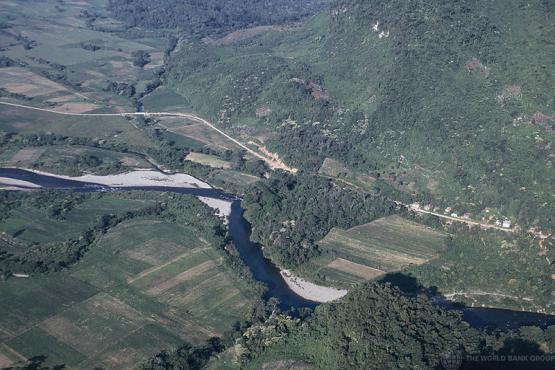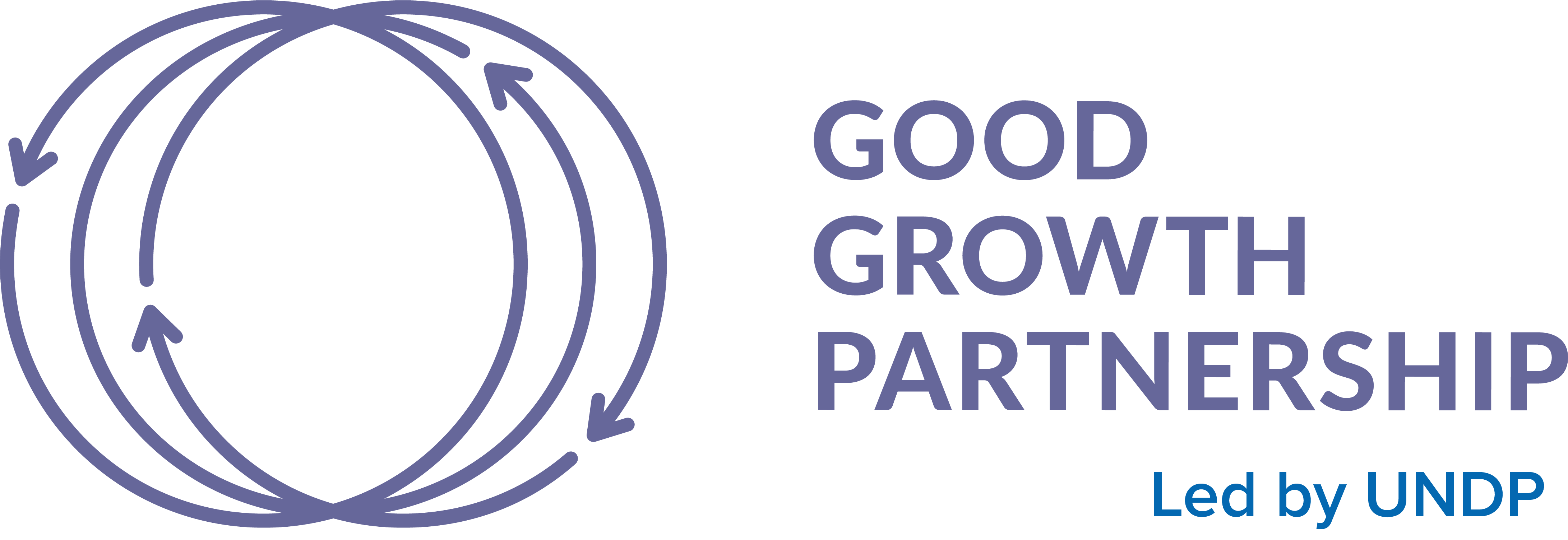Project Overview
Mexico is among the largest producers of beef globally and dedicates almost 60 percent of its agriculture lands for raising livestock. Nationally, the states of Veracruz and Jalisco are the first and second largest beef producers, accounting for 15 and 11 percent of national production, respectively. However, livestock farming accounts for over 20 percent of greenhouse gas emissions, and more than 50 percent of Mexico’s methane emissions, mainly from cattle. Unsustainable agricultural and livestock practices have been among the main drivers of deforestation, soil degradation, and river pollution. Forest loss threatens national biodiversity.
To improve food security for its growing urban population and ensure environmental protection, national strategies and action plans on land degradation neutrality and land restoration have been launched. Despite progress, changes are not occurring at the scale and pace needed to address current trends in land degradation.
Sites:
Watersheds in Veracruz, Nayarit, Jalisco, Chiapas and Chihuahua
Commodities:
Livestock, coffee
Area Covered by Integrated Watershed Management Action Plans:
10.3 million hectares
Area covered by sub-projects:
12,530 hectares
Executing Partner and GEF Implementing Agency:
World Bank

Project features
The objective of the project is to improve integrated landscape management and promote climate-smart productive practices in selected watersheds. To address restoration needs, the project supports the elaboration of six integral land management instruments called Integrated Watershed Management Action Plans (IWAP) for 15 priority watersheds covering a total area of 10.3 million hectares. These focus on coordination between public and private stakeholders to promote partnerships for the implementation of the IWAPs and other relevant programs or initiatives that promote integrated landscape management.
Technical assistance, capacity development, and the demonstration and dissemination of good productive practices that contribute to watershed restoration will be carried out through:
- Funding for sub-projects to strengthen the capacities and knowledge of producer groups in the livestock and agroforestry value chains to adopt climate-smart practices and technologies, reaching at least 1,000 producers.
- Development of Business Strategies for Sustainable Production to strengthen the business and organizational capacity of livestock and agroforestry producer groups—mainly micro or small producers—for sustainable rural production.
- Development of a Learning Community to support the organization of training sessions, knowledge exchanges, and experiences at the local, regional, and national levels. These will focus on good practices and lessons learned among beneficiaries, key stakeholders, and institutions involved in the livestock and agroforestry sectors.
The project applies a cross-cutting approach to inclusion and gender issues, ensuring that at least 4,500 women benefit out of a total of 15,000 direct beneficiaries.
[Page updated August 2025]

View of rural area, Mexico. By © Curt Carnemark/World Bank







